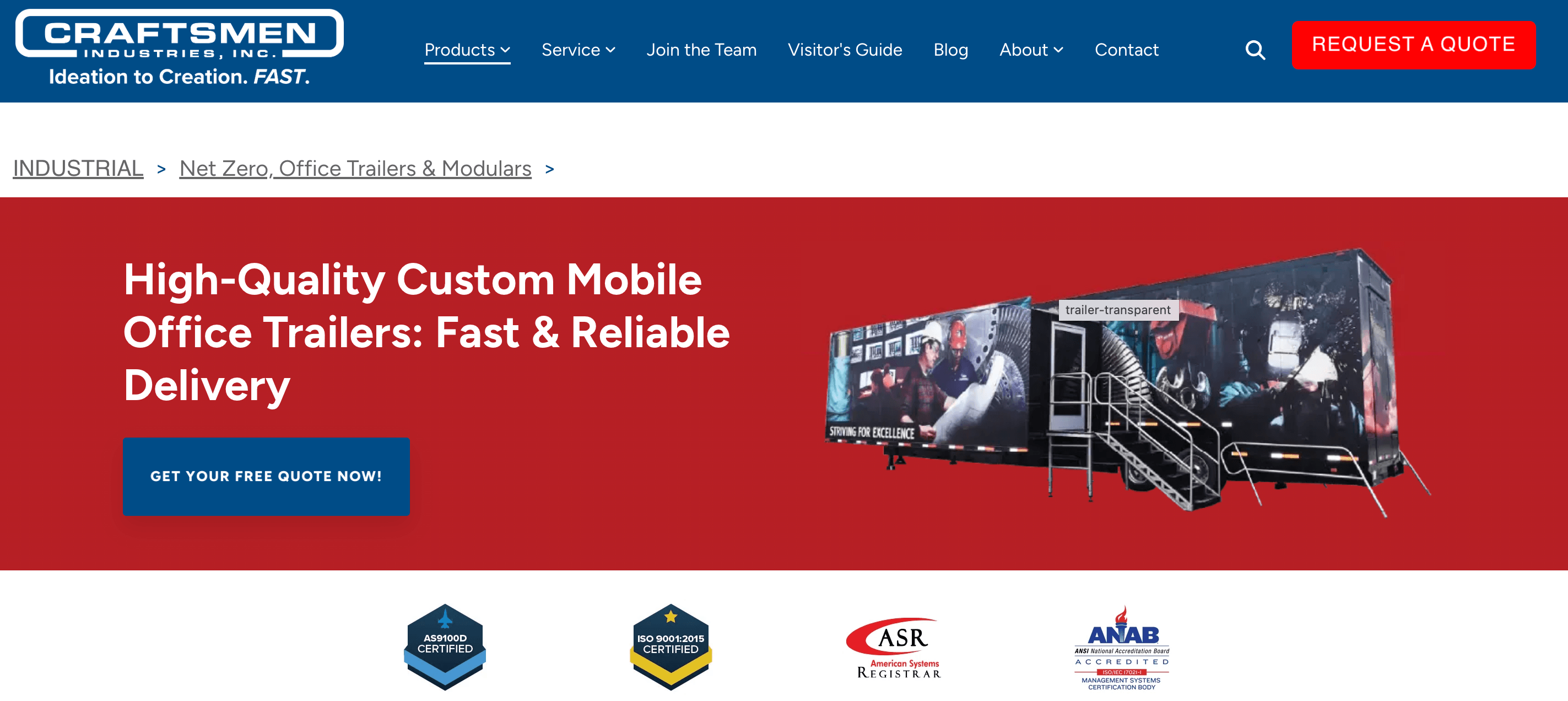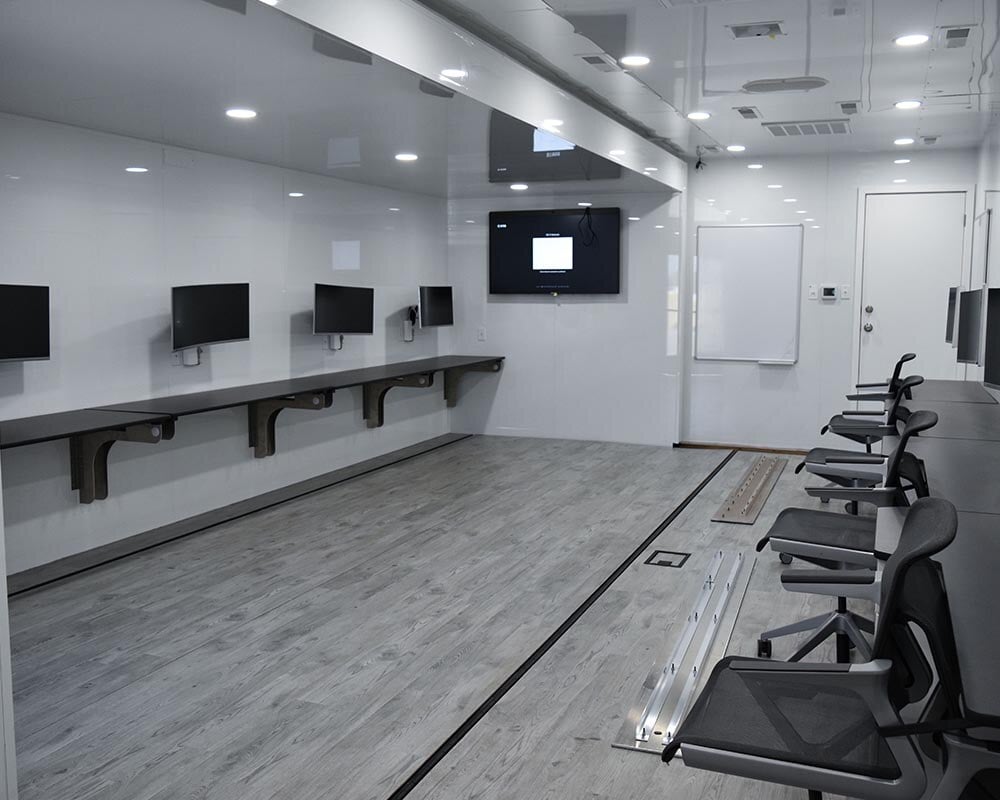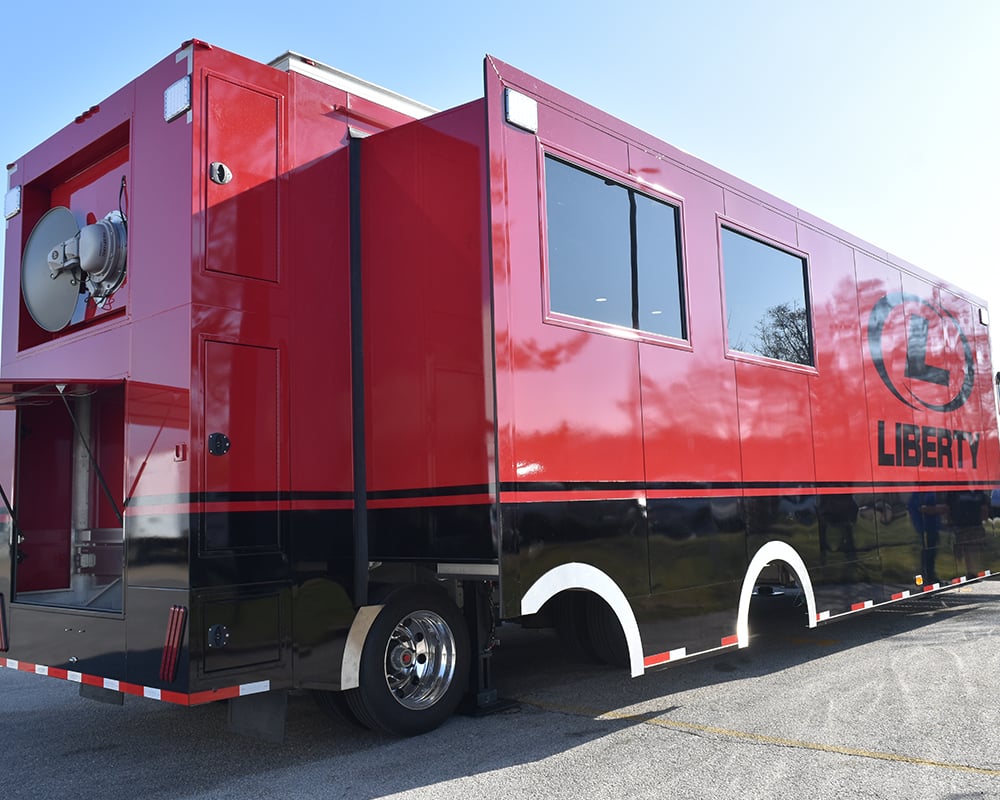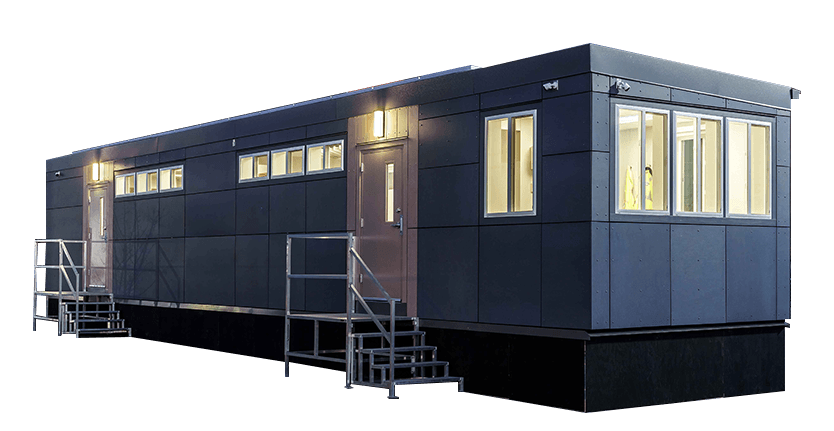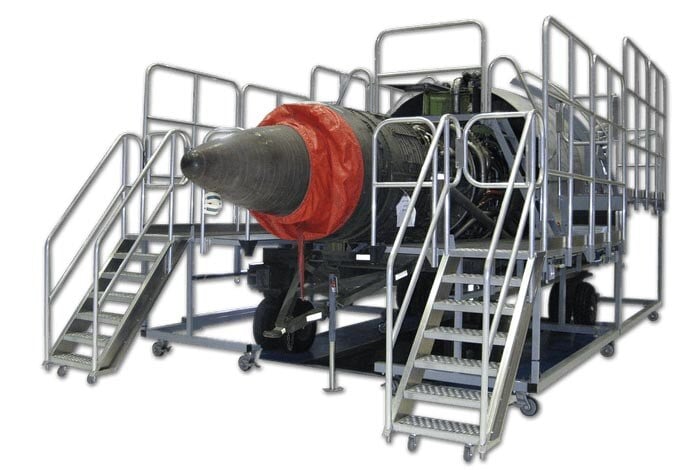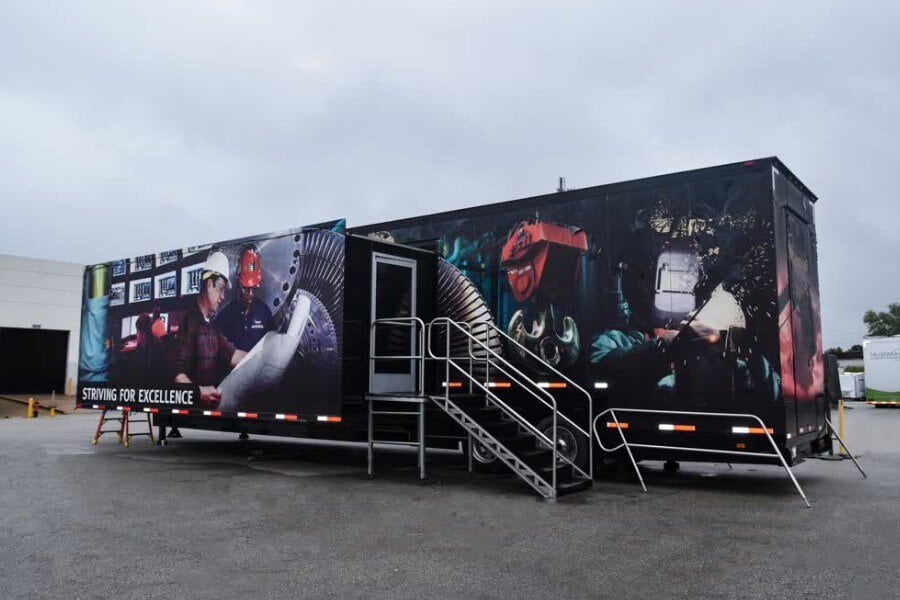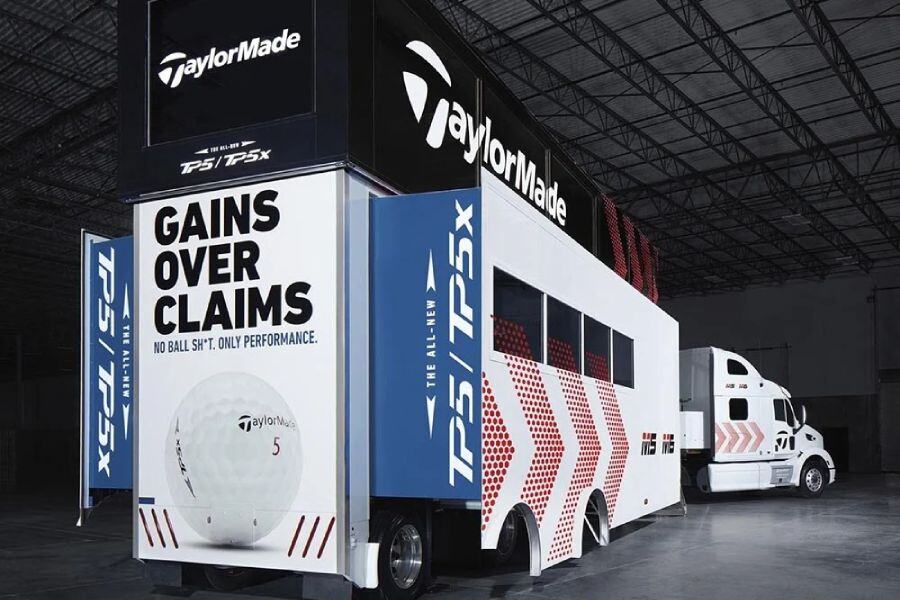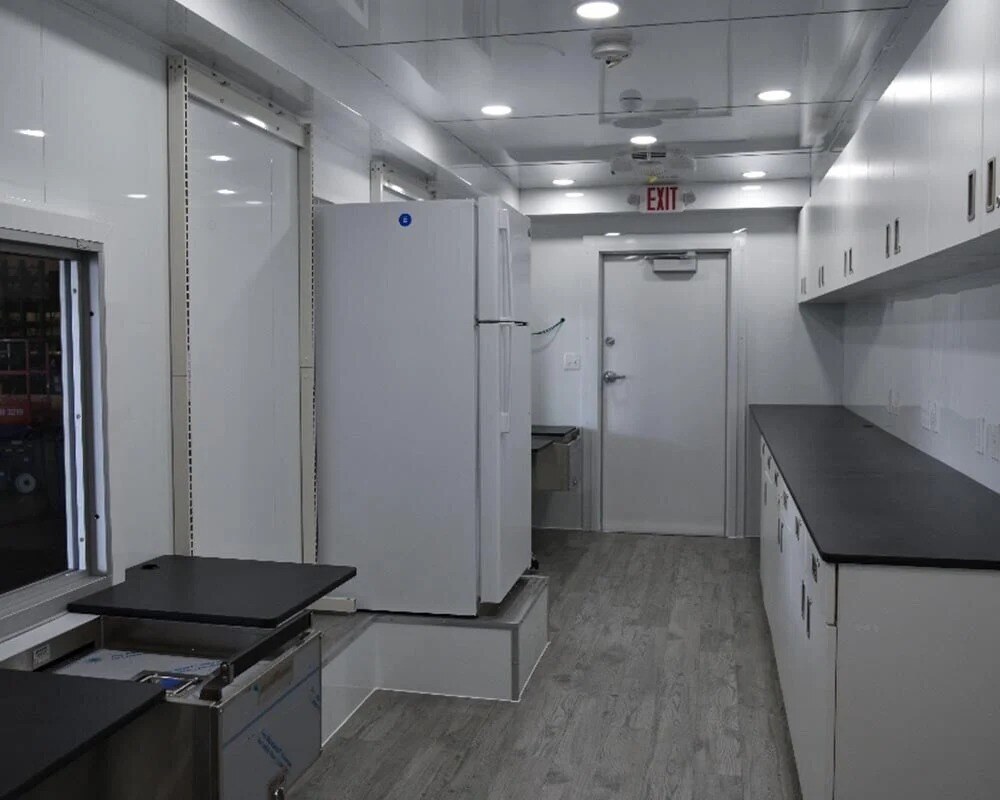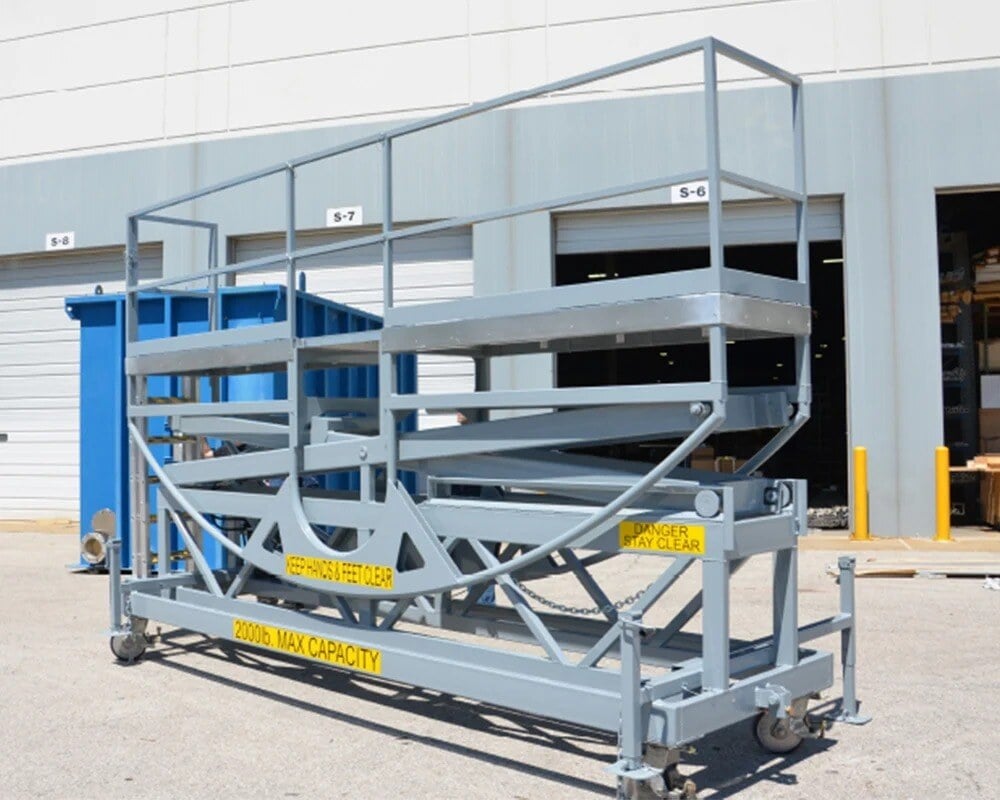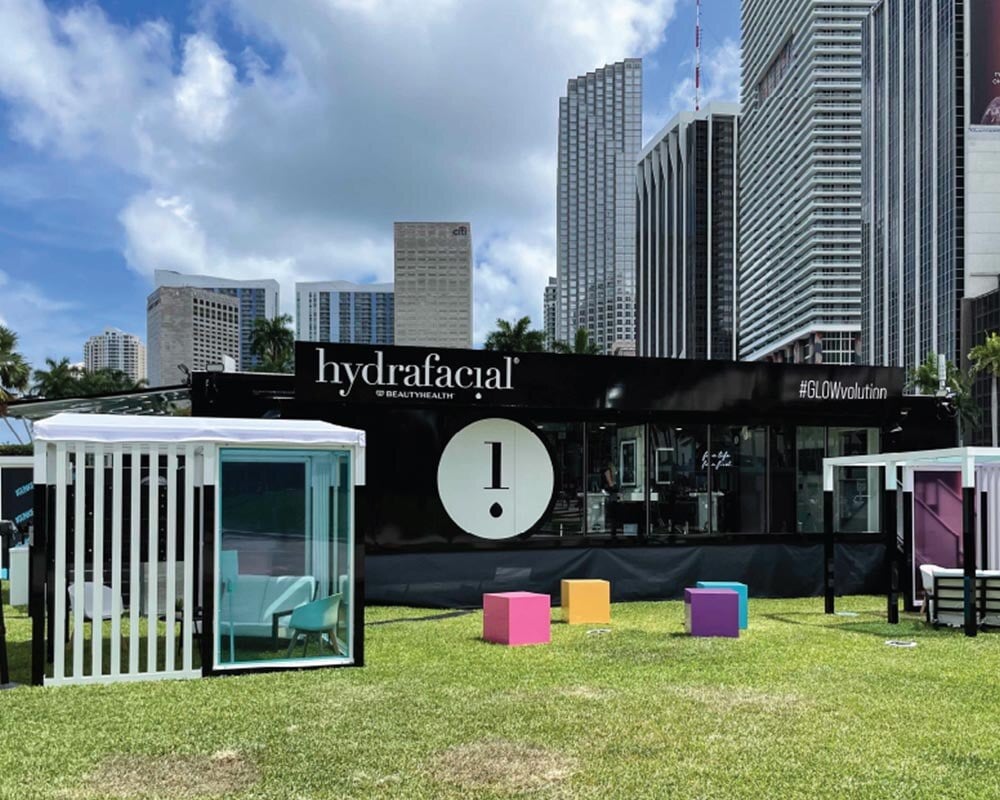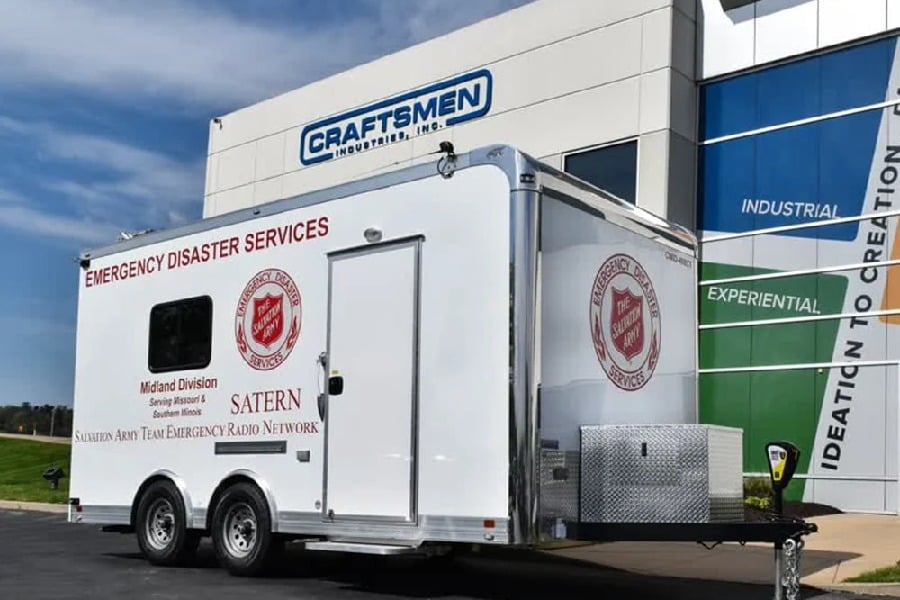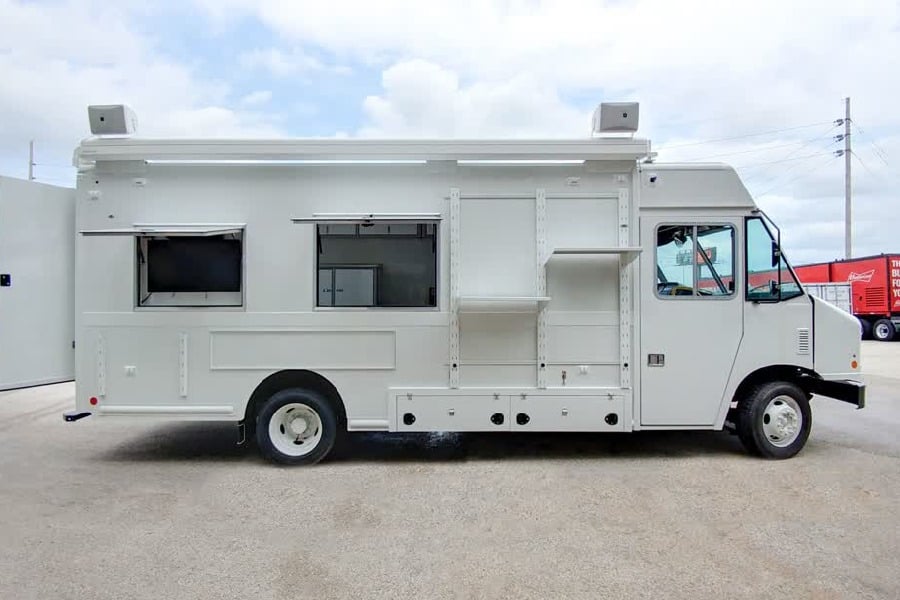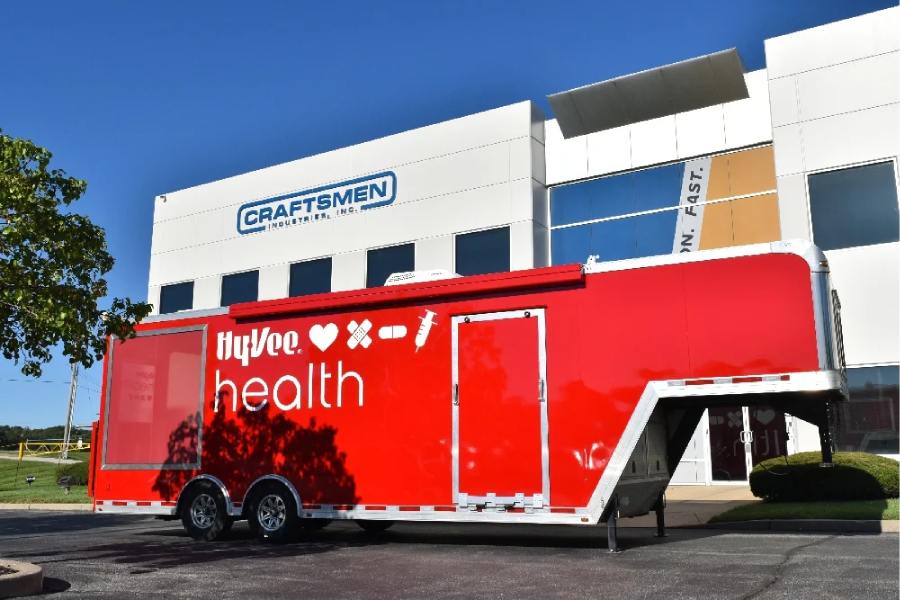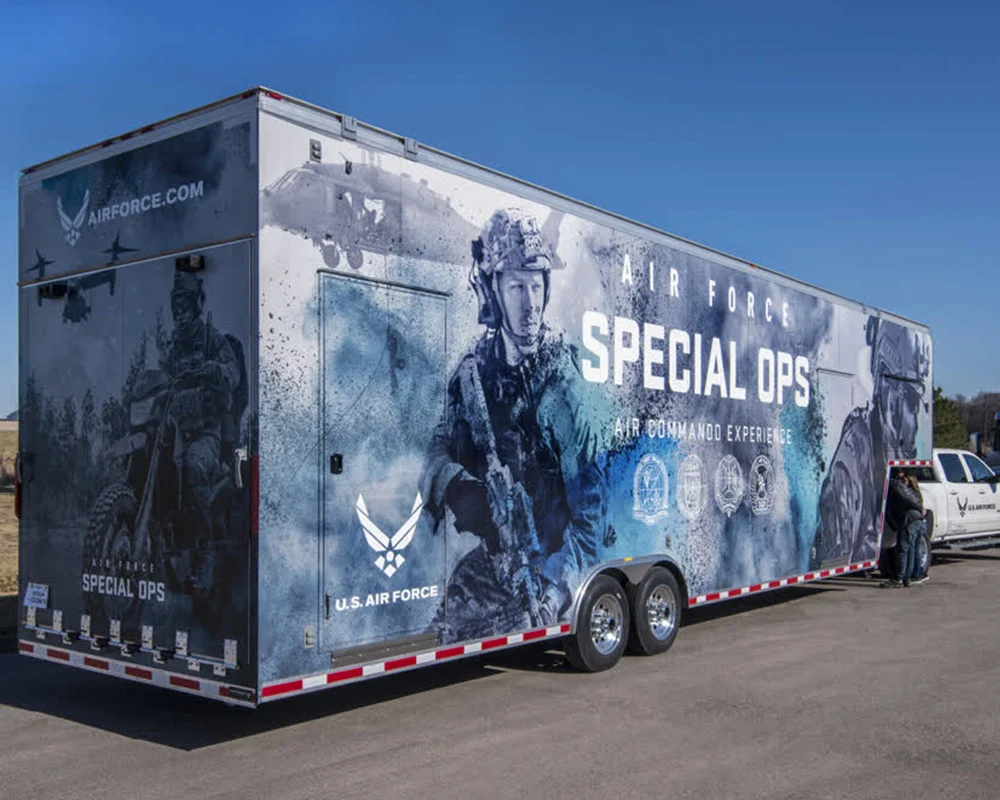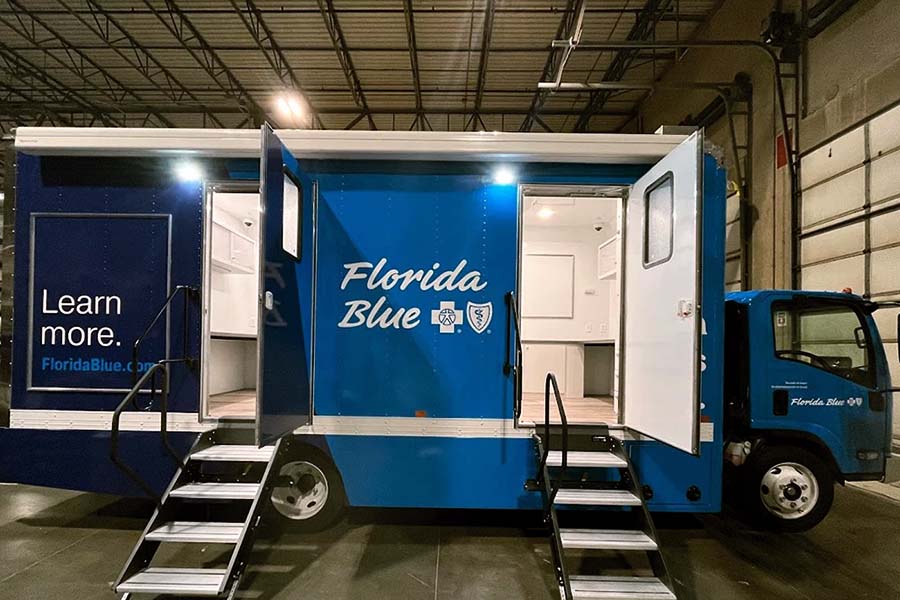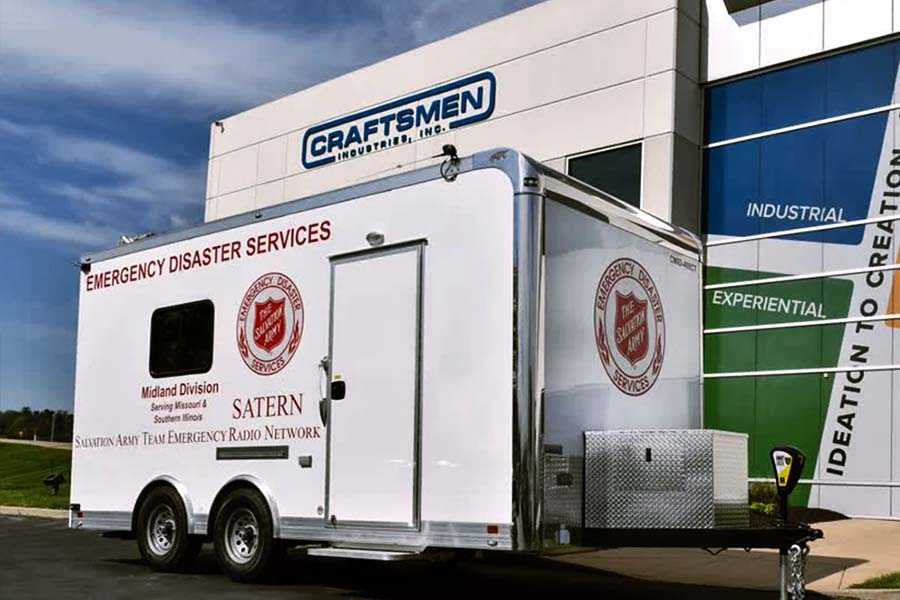Discover how experiential marketing events can elevate your brand and engage your audience like neve...
The Craftsmen Industries Blog
Subscribe Here!
The comprehensive product page was recently revamped to serve as an in-depth resource for those in t...
At Craftsmen Industries, we understand mobile office trailers are more than just temporary workspace...
Investing in a custom office trailer is a smart choice for businesses seeking flexibility and effici...
When designing a custom mobile office trailer, choosing the right features can make all the differen...
Industrial fabrication is the process of creating custom metal structures, parts, and components by ...
When it comes to trade shows, work events, or promotional campaigns, success is never guaranteed. It...
Custom industrial fabrication has become an essential component of modern manufacturing, especially ...
In today’s competitive marketing landscape, businesses use unique strategies to engage consumers and...
If you’re at a crossroads in deciding between the types of fleet wraps, understanding their unique q...
Mobile veterinary trailers are on the rise as the demand for them keeps increasing. Concerned pet ow...
As a company focused on industrial processes, we are not only here to offer you our expert services ...
People are constantly seeking something innovative and unique from brands. One of the many ways they...
Mobile command vehicles should be prepared for quick response in various scenarios. However, the cat...
In terms of emergency response, every second counts. During times like natural disasters and rescue ...
We recognize how difficult home dialysis is, presenting unique challenges for patients that require ...
Large graphics can be challenging to design and print, especially if the surface area where they are...
Curious why fleet graphics are more attention-grabbing than traditional ads? Ahead, we will show you...
All medical facilities must adhere to government safety regulations. If your healthcare facility is ...
Maintaining a strong brand identity has never been as important in today’s fast-paced, dynamic busin...
Innovations have revolutionized healthcare access in remote areas, with mobile medical vehicles util...
Fleet wraps offer many benefits for businesses, from protecting the vehicle to creating a moving mar...
Modern Mobile Command Centers (MCCs) are critical in public safety, providing efficient emergency re...
Health providers that offer medical services via a mobile vehicle expand their reach significantly. ...
Fleet graphics undoubtedly offer numerous benefits to businesses of any kind, serving as powerful to...
Large-format printing demands meticulous attention to detail. Whether you are creating banners, post...
Vehicle wrapping has always been an effective advertising strategy. By highlighting your business as...
Mobile command centers are not only incredibly beneficial for law enforcement agencies but also for ...
Filter Posts by Tag
- Mobile Medical (40)
- Mobile Healthcare (39)
- Graphics (36)
- Mobile Clinic (28)
- Large Format Printing (27)
- Fleet & Trailer Graphics (21)
- Branding & Marketing (18)
- Industrial Fabrication (18)
- Signs & Banners (14)
- Experiential Marketing (11)
- Vehicle Wraps (11)
- Experiential Trailers (7)
- Your Community (7)
- Mobile Command Centers (6)
- Mobile Radiosurgery (6)
- Wholesale Backdrops (6)
- Getting Started (4)
- Kitchens & Food Sampling (4)
- 3D Fabrication (3)
- Event Graphics (3)
- Experiential Event Elements (3)
- First Responder Vehicles (3)
- Retail Graphics (3)
- Architecural & Environmental Graphics (2)
- Colleges & Universities (2)
- Custom Vinyl Printing (2)
- Disaster Response (2)
- Enclosed Trailers (2)
- Industrial Prototyping (2)
- Mobile Medical Imaging (2)
- ADA Compliance (1)
- Careers (1)
- Case Study (1)
- Event Marketing (1)
- Exterior Signage (1)
- Graphic Design (1)
- Insider (1)
- Military Aerospace Government (1)
- Mobile Billboards (1)
- Mobile Office Trailers (1)
- Schools (1)
- Shipping Containers & Modulars (1)
- Training & Simulation (1)



